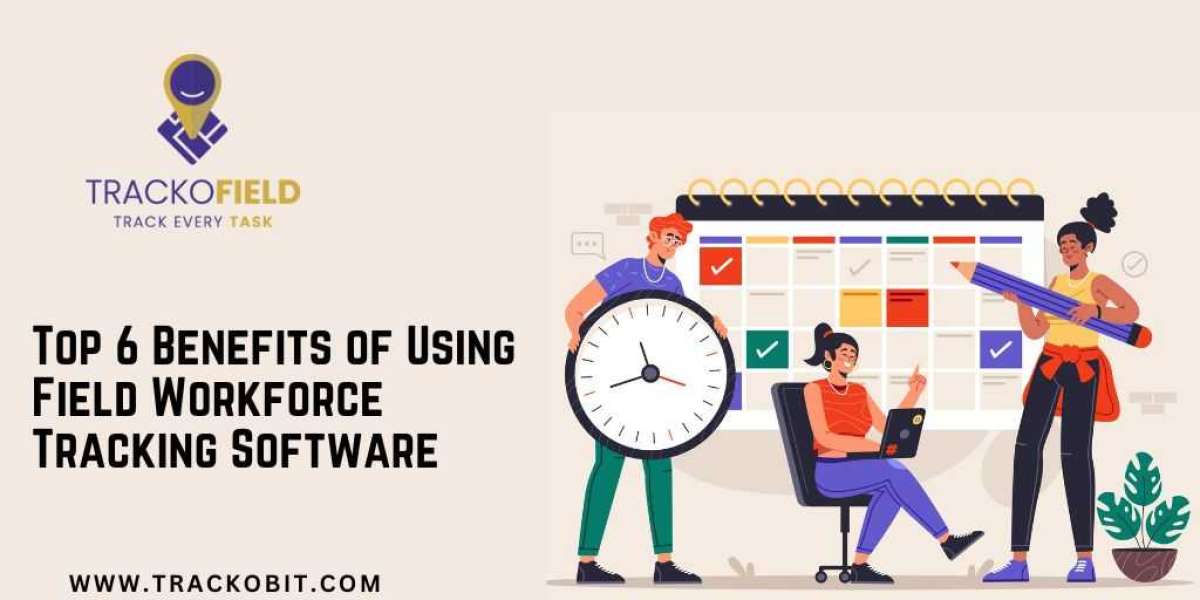Tracking field employees is more challenging than monitoring in-house employees. Why?
Well, they are directly under your supervision compared to field employees, who work in remote, often low-network areas and are always travelling from one location to another.
But it’s necessary to keep track of field employees and also monitor their tasks, manage their leaves, review their performance, etc. This is where field workforce tracking software can come in handy.
It allows you to monitor field employees in real-time, assign tasks online, log accurate attendance via geofencing and visual verification, and even manage other operations like leaves, payroll, or expense reimbursement.
Read on to learn all the benefits of using field workforce tracking software.
Top 6 Benefits of Using Field Workforce Tracking Software
1. Real-time employee monitoring
Say you’re managing an HVAC technician. He has to visit customers and service air conditioners one day. As a manager, wouldn’t you want to know if your field employee reached the customer site at the designated time, performed the task successfully, didn’t waste too much time commuting, and didn’t take extended breaks?
Sounds like a dream, right? Field workforce tracking software can accomplish this feat easily. It tells you the exact whereabouts, battery status, and network strength of your employee’s phone.
The software can even track employees who are offline and generate unreachable reports, informing the manager where and for how long an employee’s activity status was not visible.
But that’s not all. You can also verify and reimburse the employee’s expenses using the software itself. Applications like TrackoField come with the option to upload proof of expenses like invoices.
2. Accurate attendance recording
Attendance is a major issue when it comes to tracking field employees. The traditional clock-in, clock-out method isn’t feasible for field employees as they work out of the office and often have varied shifts.
Field workforce tracking software uses geofencing and location tracking to log accurate attendance. The employee has to reach the designated task location, and only then will he be able to mark his attendance. The manager can further ask for visual verification from the employee to prevent proxy attendance.
There is also the option of attendance regularisation. The employee can raise a regularisation request on the platform in case of errors.
3. Streamlining field operations
Apart from their work location, a field employee is not much different from a desk worker. Both are on the company payroll and are entitled to leave and report to their superiors.
The HR and finance teams are responsible for these operations and use dedicated CRM and ERP software. Field management software can replace or be integrated with these systems, thus streamlining field operations.
For instance, TrackoField comes with features like:
- Payroll management
- Attendance recording and regularisation
- Task scheduling
- Leave and expense management
- Internal chat and voice note
- Notifications and alerts
- SOS button for emergencies
4. Efficient task management
Before the advent of field workforce tracking software, managers manually called employees to check if they were available in a particular location. But not anymore. An employee monitoring system allows you to plan tasks in advance or assign them ad hoc.
There is also the option to upload tasks in bulk. The software sends out instant notifications to the employee, who is free to take up or reschedule the task if he’s busy.
The software also allows you to view the total number of employees available at any given time along with their location and status (busy, on-break, off-duty, unreachable).
5. Improved customer satisfaction
Many field employees work in service-based industries (HVAC, healthcare, telecommunications). They need to keep track of leads, sales, and customer requests and prioritize efficient service.
Field management software helps maintain transparency, securely stores customer data, and ensures fast service.
And when employees don’t have to focus on administrative tasks, they can better focus on their core functions, like sales. Thus, field management software also boosts employee productivity, which leads to faster, more efficient service and increased first-time fix rates.
6. Generating insightful data analysis
Field workforce monitoring software can generate insightful reports, which can be leveraged to improve productivity and drive business growth. For instance, employee tracking software can analyse historical data to spot discrepancies and irregular attendance patterns.
Managers can use this data to identify areas for improvement and boost growth. The software can also generate employee productivity reports and target vs. achievement reports, as well as distance travelled reports. This data can be used to reward high-performing employees and encourage other workers to perform better.
Conclusion
Gone are the days of manually logging orders, recording attendance, and getting in-person approval from managers.
A field employee should focus on his job instead of worrying about administrative tasks. This is the biggest benefit of field workforce tracking software. It simplifies the job of the field employees and their managers while streamlining all administrative operations.
Be it location tracking, accurate attendance recording, expense reimbursement, or sales order management, field workforce tracking software like TrackoField is the solution to all your business operations.







